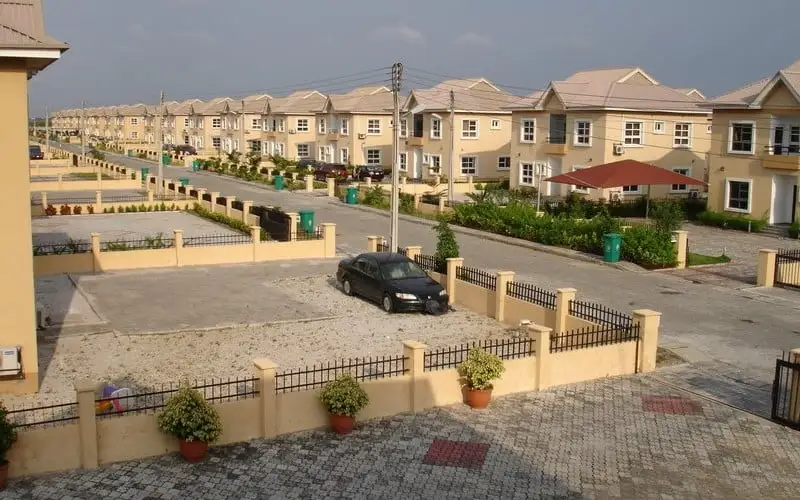According to data released by the National Bureau of Statistics (NBS), during the first nine months of 2023, foreign investors could not discover any worthwhile projects to investigate in 27 states.
This occurred at the same time that Nigeria’s capital import value dropped by 34% to $2.82 billion in the first nine months of 2023 from $4.27 billion in the same period the previous year.
The NBS stated in its capital importation report for the third quarter (Q3) of 2023 that foreign investors avoided investing in 27 states overall.
According to the research, Nigeria imported $2.82 billion in capital during the first nine months of 2023, which included $1.13 billion in Q1, $1.03 billion in Q2, and $654.65 million in Q3.
The terrible report did have one bright spot, though: Abia unexpectedly pulled in a staggering $150.09 million in Q3, making it the only state to see such a significant increase in revenue in just three months.
In contrast, from 28 states in the first half of 2023 to 27 in the first nine months of 2023, fewer states than ever before had no investment records; Abia was one of those fortunate states to escape this undesirable group.
According to the report, Lagos attracted the greatest attention from foreign investors, accounting for $1.79 billion, or 64% of all foreign investment intake.
The FCT ranked second among investment destinations in the NBS report, with $799.21 million, or 28% of all capital inflows to the nation for the first nine months of the year.
Apart from Abia, Federal Capital Territory, and Lagos, $39.13 million was invested in Akwa Ibom; $27.09 million was put in Ogun, and $4.5 million was invested in Adamawa by foreign companies.
The NBS report lists the 27 states—Bucks, Bayelsa, Benue, Borno, Cross River, Delta, Ebonyi, Edo, Enugu, Gombe, Imo, Jigawa, Kaduna, Kano, Katsina, Kebbi, and Kogi—that failed to draw any form of foreign investment in the first nine months of 2023. The others are Rivers, Plateau, Sokoto, Taraba, Yobe, Osun, Oyo, Kwara, Nasarawa, and Zamfara.
Access to external funding and investment sources is made possible by capital importation, which supports economic growth, increases productivity, and finances infrastructure projects.
According to some, importing capital is crucial for several reasons, including boosting foreign cash inflows, opening up new markets, facilitating knowledge transfer, generating jobs, lowering poverty, and advancing social and infrastructural development.
It is also a major force behind economic development, and nations frequently look to it to help them achieve their goals for growth and development.



